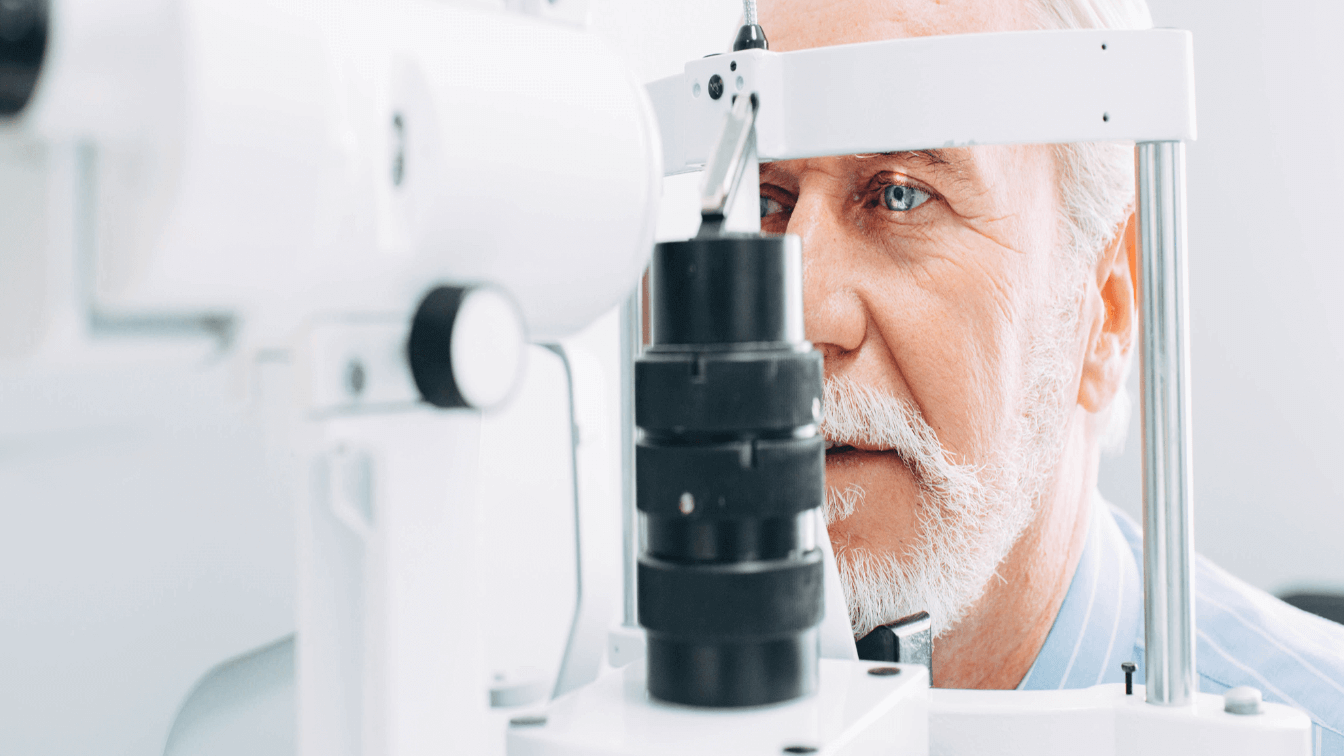Why Is Diabetic Eye Care Important?
&srotate=0)
Managing diabetes involves a comprehensive approach to health, and eye care is an essential part of that. Diabetes can have serious effects on eye health, sometimes leading to conditions that may cause vision loss or blindness if left untreated. At Rothchild Eye Institute, we emphasize the importance of diabetic eye care for preserving vision and preventing complications. Read on to learn why routine eye care for diabetics is so essential and how it can protect long-term eye health. Contact our Delray Beach, FL eye center to schedule a diabetic eye exam.
How does diabetes affect eye health?
Diabetes affects blood vessels throughout the body, including those in the eyes. High blood sugar levels can damage the delicate blood vessels in the retina, a condition known as diabetic retinopathy. Diabetes can also increase the risk of cataracts, glaucoma, and other eye problems. Without proactive diabetic eye care, these issues may progress unnoticed until vision loss occurs. Regular eye exams allow for early detection and treatment, helping to prevent complications and preserve vision.
What is diabetic retinopathy, and why is it a concern?
Diabetic retinopathy is one of the most common and serious diabetes-related eye conditions. It occurs when high blood sugar levels damage the retinal blood vessels, causing them to leak fluid or bleed, leading to blurry vision and, in advanced stages, vision loss. Without regular eye exams, diabetic retinopathy can progress without noticeable symptoms, making diabetic eye care vital for early detection. If caught early, treatment options are available to slow or stop its progression, preserving eye health.
Can diabetes cause glaucoma and other eye problems?
Yes, diabetes can increase the risk of developing glaucoma, a group of eye diseases that can lead to vision loss by damaging the optic nerve. Diabetic patients are also at higher risk for cataracts, a condition that clouds the eye's natural lens, making it difficult to see clearly. Glaucoma, like diabetic retinopathy, often has no early symptoms, so regular diabetic eye exams are essential for detecting changes in eye health before they progress.
What diabetes eye symptoms should I watch out for?
While many diabetes-related eye issues may not have symptoms in the early stages, there are some warning signs to be aware of, including:
- Blurry or distorted vision
- Floating spots or dark areas in your vision
- Difficulty seeing at night
- Sudden vision loss
If you experience any of these symptoms, schedule an eye exam at our Delray Beach, FL facility promptly. Early detection is key to treating many of these conditions.
How often should diabetics get an eye exam?
For optimal eye health and diabetes management, it's recommended that people with diabetes have a comprehensive eye exam at least once a year. At Rothchild Eye Institute, our diabetic eye exams include detailed evaluations of retinal health, intraocular pressure, and overall eye condition, helping to catch issues early. If signs of diabetic retinopathy or other problems are detected, we may recommend more frequent checkups to monitor changes closely.
Maintain your eye health
Diabetes management isn't complete without regular eye care. If you have diabetes, scheduling annual eye exams is one of the best ways to protect your vision. Rothchild Eye Institute offers diabetic exams and experienced guidance to help keep your eyes healthy. If you live near Boca Raton, Boynton Beach, or Palm Beach County, contact us in Delray Beach, FL today to schedule your diabetic eye exam and take an important step in safeguarding your vision.